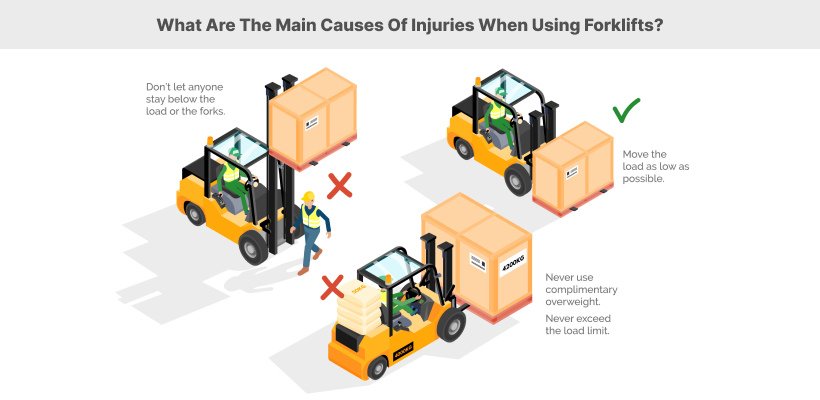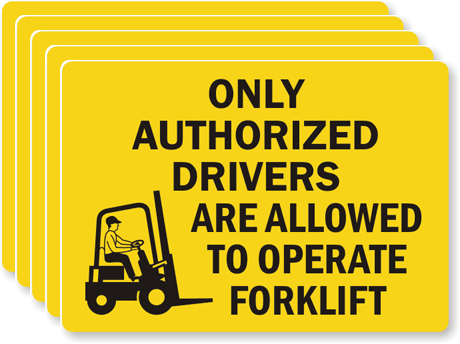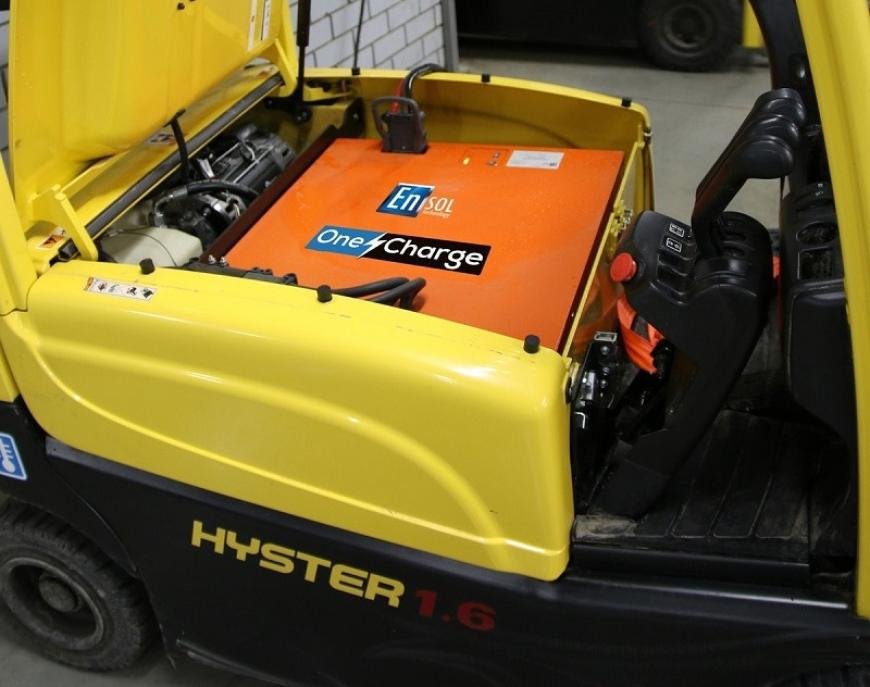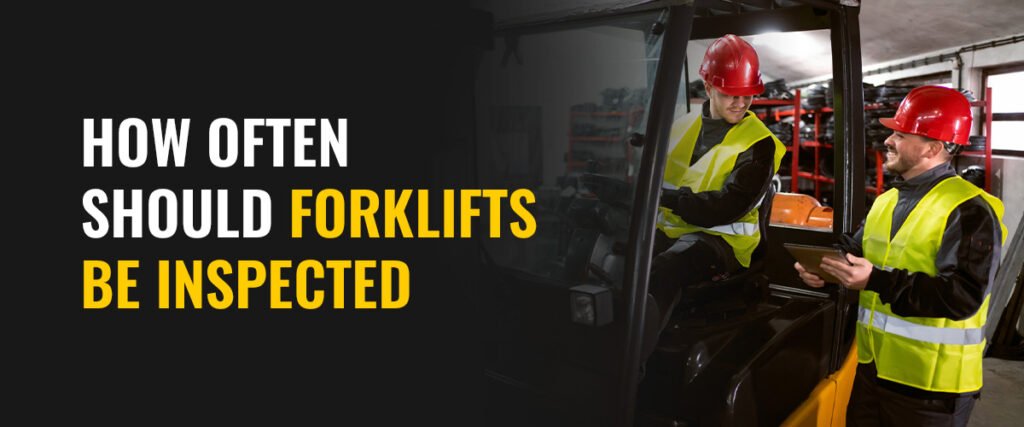Maintaining Forklift Safety Standards
Ensuring the safe operation of forklifts is crucial in industrial and warehousing environments. Operators must be properly trained and licensed, and regular inspections are essential to identify and address any potential safety hazards.
Adhering to safety protocols, such as following traffic patterns, using seatbelts, and being aware of blind spots, can help prevent forklift-related accidents and protect both operators and workers in the vicinity. Regularly scheduled maintenance and repairs are also vital to maintaining the structural integrity and functionality of these vital machines.
Forklift Battery Considerations for Fleet Management
The choice of battery technology can have a significant impact on the efficiency and operational cost of a forklift fleet. Lithium-ion batteries, for example, offer advantages in terms of longer run times, faster charging, and reduced maintenance requirements compared to traditional lead-acid batteries.
Fleet managers must carefully evaluate their specific needs, operating environment, and budget to determine the most suitable battery option for their forklifts. Factors such as runtime, charging time, and overall cost of ownership should be carefully considered to ensure optimal fleet performance and cost-effectiveness.
Forklift Operator Training and Licensing Requirements
Operating a forklift requires specialized training and licensing to ensure the safety of both the operator and those working in the vicinity. In Houston and Humble, Texas, specific regulations govern the requirements for forklift operators, including the need for a valid operator's license.
Comprehensive training programs that cover topics such as load handling, equipment inspection, and emergency procedures can help forklift operators develop the necessary skills and knowledge to operate these machines safely and effectively. Compliance with local regulations is crucial to maintaining a safe and productive work environment.
Troubleshooting and Diagnosing Forklift Issues
When forklift equipment experiences problems, it is essential to have access to reliable troubleshooting and diagnostic services to identify and resolve the underlying issues. This can help minimize downtime, reduce repair costs, and ensure the continued reliable operation of these vital machines.
By partnering with a reputable forklift repair service provider, businesses can benefit from the expertise of experienced technicians who can quickly diagnose and address a wide range of forklift-related problems, from mechanical failures to electrical malfunctions, ensuring the optimal performance and longevity of their equipment.
Maintaining Forklift Safety Standards
Ensuring the safe operation of forklifts is crucial in industrial and warehousing environments. Operators must be properly trained and licensed, and regular inspections are essential to identify and address any potential safety hazards.
Adhering to safety protocols, such as following traffic patterns, using seatbelts, and being aware of blind spots, can help prevent forklift-related accidents and protect both operators and workers in the vicinity. Regularly scheduled maintenance and repairs are also vital to maintaining the structural integrity and functionality of these vital machines.
Forklift Battery Considerations for Fleet Management
The choice of battery technology can have a significant impact on the efficiency and operational cost of a forklift fleet. Lithium-ion batteries, for example, offer advantages in terms of longer run times, faster charging, and reduced maintenance requirements compared to traditional lead-acid batteries.
Fleet managers must carefully evaluate their specific needs, operating environment, and budget to determine the most suitable battery option for their forklifts. Factors such as runtime, charging time, and overall cost of ownership should be carefully considered to ensure optimal fleet performance and cost-effectiveness.
Forklift Operator Training and Licensing Requirements
Operating a forklift requires specialized training and licensing to ensure the safety of both the operator and those working in the vicinity. In Houston and Humble, Texas, specific regulations govern the requirements for forklift operators, including the need for a valid operator's license.
Comprehensive training programs that cover topics such as load handling, equipment inspection, and emergency procedures can help forklift operators develop the necessary skills and knowledge to operate these machines safely and effectively. Compliance with local regulations is crucial to maintaining a safe and productive work environment.
Troubleshooting and Diagnosing Forklift Issues
When forklift equipment experiences problems, it is essential to have access to reliable troubleshooting and diagnostic services to identify and resolve the underlying issues. This can help minimize downtime, reduce repair costs, and ensure the continued reliable operation of these vital machines.
By partnering with a reputable forklift repair service provider, businesses can benefit from the expertise of experienced technicians who can quickly diagnose and address a wide range of forklift-related problems, from mechanical failures to electrical malfunctions, ensuring the optimal performance and longevity of their equipment.




